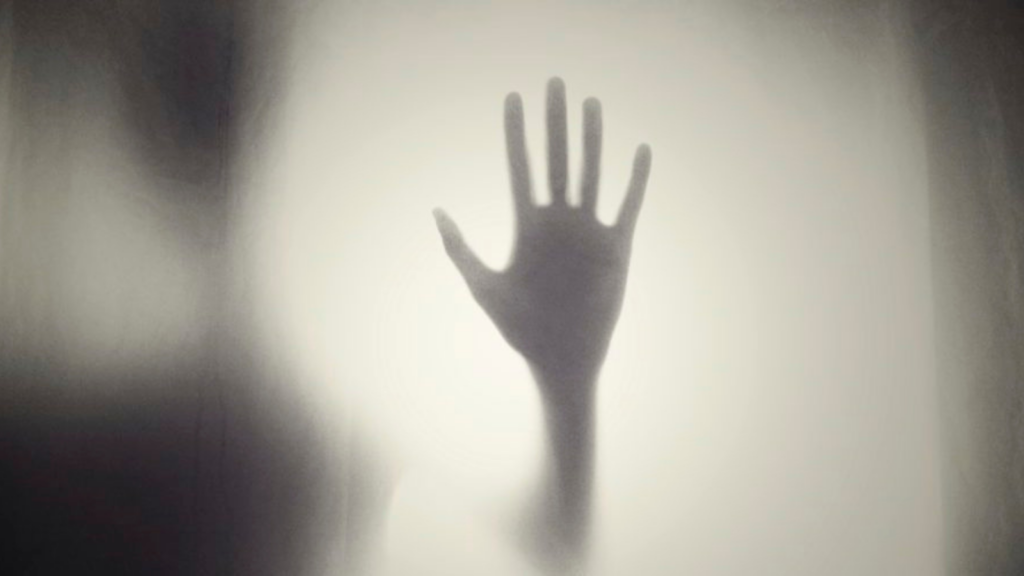The 1970s, a golden era of cinematic creativity, gave birth to a unique genre of horror: vampire movies. This 70s vampire movies decade was a time when filmmakers dared to redefine the vampire, moving away from the traditional Dracula-esque figure and exploring new, terrifying possibilities.
These 70s vampire movies, offered viewers a fresh perspective on the vampire myth. They were more than just horror flicks; they were social commentaries, wrapped in a cloak of darkness and intrigue. This article delves into the world of 70s vampire movies, unearthing the gems that continue to influence the genre today.
So, if you’re a fan of fangs, or just curious about the evolution of vampire cinema, stay tuned. You’re about to embark on a journey through a decade that changed the face of horror forever.
70s Vampire Movies
A surge of creativity marked the 70s, pushing the envelope for vampire movie narratives. This period teemed with compelling flicks that spun the vampire yarn in innovative ways.
Key Influences and Cultural Shifts
 Societal changes and cultural influences of the 70s triggered this shift in the vampire movie genre. Among them, the sexual revolution and political unrest found subtle echoes in these tales of terror, helping frame vampires as more complex, layered creatures.
Societal changes and cultural influences of the 70s triggered this shift in the vampire movie genre. Among them, the sexual revolution and political unrest found subtle echoes in these tales of terror, helping frame vampires as more complex, layered creatures.
Several filmmakers of the decade gave a unique spin to the vampire film genre. George A. Romero, for instance, emerged as an icon, infusing his movies with socio-political undercurrents. Meanwhile, Werner Herzog crafted German expressionist aesthetics into his vampire films, adding a rich, artistic veneer.
Major 70s Vampire Movies to Know
The 1970s offered a plethora of impactful vampire films. Below are some definitive films that highlighted the transformative era of vampire cinema.
The Impact of “Blacula”
“Blacula,” a notable 1972 film, broke barriers by introducing an African-American vampire protagonist. Incorporating elements of blaxploitation, it tackled racial issues, creating an enduring legacy in vampire lore.
“The Hunger” and Its Unique Take
 “The Hunger,” although released in the 80s, originated from a 70s novel. Offering a unique perspective, it portrayed vampires as beautiful and chic immortals, bypassing traditional vampire stereotypes with its modernist vision.
“The Hunger,” although released in the 80s, originated from a 70s novel. Offering a unique perspective, it portrayed vampires as beautiful and chic immortals, bypassing traditional vampire stereotypes with its modernist vision.
Emerging from the heart of 70s German cinema, “Nosferatu the Vampyre” exuded a mesmerizing combination of horror and art-house aesthetics. This remake of the 1922 classic furthered the genre by reshaping the vampire archetype into a tragic and poignant figure.
Themes and Symbolism in 70s Vampire Movies
Exploring diverse themes and symbols, 70s vampire films recontextualized traditionally feared creatures, offering commentary on societal issues while showcasing nuanced character narratives.
Exploring the Sexual and Gothic Elements
70s vampire films explored sexual themes, leveraging gothic elements with hidden sexual subtexts. For instance, “The Vampire Lovers” (1970), presented vampirism as a metaphor for sexual liberation, marked by seductive visuals and dark ambiance that connected sexual desire, fear, and death.
Vampire Movies as Social Commentary
70s vampire narratives often served as social commentaries. “Count Yorga, Vampire” (1970), portrayed the vampire as an exploitative aristocrat, reflecting societal concern about wealth inequality. Similarly, “Blacula” (1972), fused horror and blaxploitation, addressing racial discrimination and promoting African-American identity.
The Golden Era of Cinematic Creativity
 The 70s marked a pivotal era for vampire movies, where traditional archetypes underwent a transformative shift. Filmmakers reimagined these night creatures, using them to comment on societal issues and craft complex character narratives. Sexual themes and gothic elements were brought to the forefront, with films like “The Vampire Lovers” leading the charge. Movies such as “Count Yorga, Vampire” and “Blacula” served as powerful social commentaries, addressing wealth inequality and racial discrimination. Visionaries like George A. Romero and Werner Herzog put their unique stamp on the genre, infusing it with socio-political themes and German expressionist aesthetics. This era’s key films, including “Blacula,” “The Hunger,” and “Nosferatu the Vampyre,” reshaped the vampire genre, leaving an indelible impact. The 70s vampire cinema era wasn’t just about horror—it was about art, relevance, and a profound exploration of society’s undercurrents.
The 70s marked a pivotal era for vampire movies, where traditional archetypes underwent a transformative shift. Filmmakers reimagined these night creatures, using them to comment on societal issues and craft complex character narratives. Sexual themes and gothic elements were brought to the forefront, with films like “The Vampire Lovers” leading the charge. Movies such as “Count Yorga, Vampire” and “Blacula” served as powerful social commentaries, addressing wealth inequality and racial discrimination. Visionaries like George A. Romero and Werner Herzog put their unique stamp on the genre, infusing it with socio-political themes and German expressionist aesthetics. This era’s key films, including “Blacula,” “The Hunger,” and “Nosferatu the Vampyre,” reshaped the vampire genre, leaving an indelible impact. The 70s vampire cinema era wasn’t just about horror—it was about art, relevance, and a profound exploration of society’s undercurrents.


